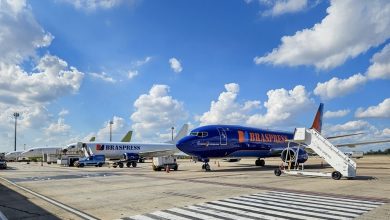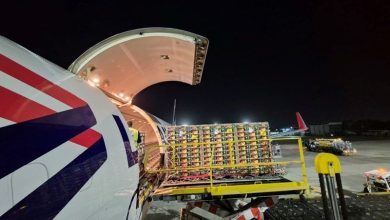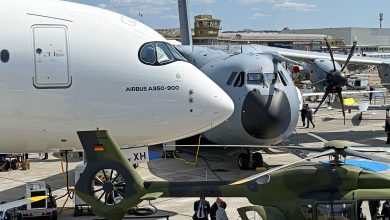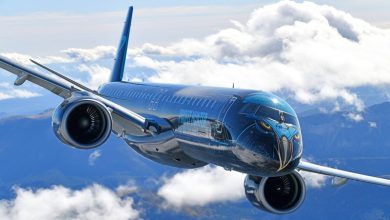A Rolls-Royce pretende voar o avião elétrico mais rápido até 2020
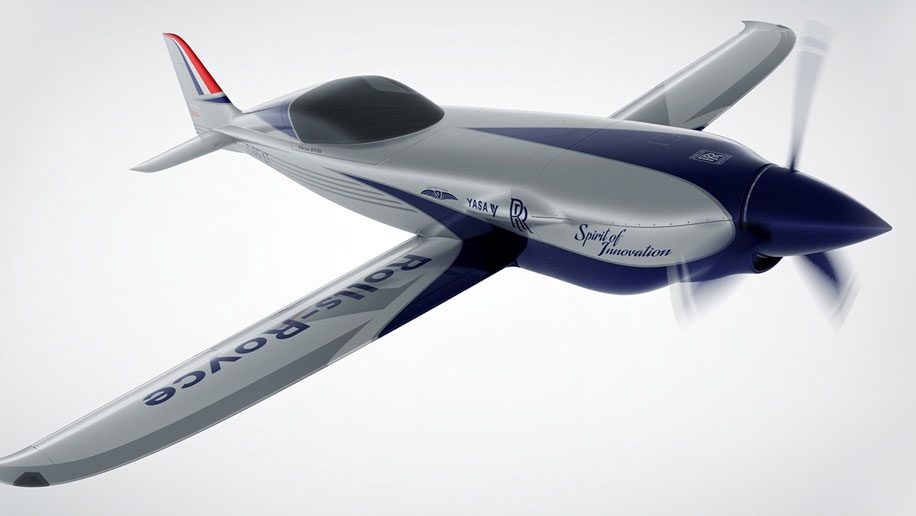
A empresa de engenharia britânica Rolls-Royce anunciou planos para levar as aeronaves mais rápidas do mundo aos céus até 2020.
Leia na íntegra:
British engineering firm Rolls-Royce has announced plans to take the world’s fastest all-electric aircraft to the skies by 2020.
A team in Gloucestershire is working on a zero-emissions plane that can reach at least 300 mph.
The company said the most energy-dense battery pack ever used in an aircraft should provide enough power to fly 200 miles on a single charge.
If the project succeeds, the plane will take-off from a landing strip on the Welsh coast next year.
“This plane will be powered by a state-of-the-art electrical system and the most powerful battery ever built for flight,” said project manager Matheu Parr.
The current record for an all-electric plane is 210 mph, set by Siemens in 2017.
Rolls-Royce said it wanted to be a pioneer in the “third wave of aviation” and champion electrification.
The project is part of the ‘Accelerating the Electrification of Flight’ initiative, which is part-funded by the UK government and includes Rolls-Royce, startup Electroflight, manufacturer YASA and the Aerospace Technology Institute.
Three high power density electric motors for the propellers are being designed and made by YASA in the UK. Propellers spin at a lower RPM than a conventional plane, making the ride smoother and quieter.
Electrification is particularly appealing to an airline industry facing mounting pressures over the cost and future of fuel, and the environmental impact of air travel. Quieter planes could also mean the establishment of new routes currently off-limits due to noise restrictions.
Airlines, startups and established firms like Rolls-Royce are striving to hit milestones in the race to develop bigger and more powerful electric models. It looks good for their CSR and, of course, the future market could be huge.
There are over 100 electric aircraft projects underway across the world, and London’s Heathrow says it expects to see them at major airports by 2030.
Last year the airport said it will waive landing fees for a year for the operators of the first regular electric-hybrid aircraft to go into service at the airport, a prize which it says is worth “nearly £1 million”.
British low-cost carrier Easyjet is working with startup Wright Electric to build a two-seat all-electric plane and has filed a patent for a motor to be used in a larger aircraft.
The airline said it wants to establish ‘electric flyways’ on busy short-haul routes such as London-Amsterdam, with CEO Johan Lundgren stating in November that he could “foresee a future that is not exclusively dependent on jet fuel.”
However, batteries are still far from being able to power a long-haul flight.
Though the environmental and cost benefits are reduced, hybrid planes may be the next step towards that. US-based Zunum Aero, supported by Boeing, is aiming to build a 12-seat hybrid plane by 2022 with a 700-mile range.
Rolls-Royce is also investing in hybrid engines, and is developing a hybrid-electric demonstrator with Airbus and Siemens called the E-Fan X on a BAE146 aircraft. This will see an electric unit powered by an on-board generator using jet fuel, which will replace one – and if successful, two – of the plane’s four gas turbine engines.
Fonte: Business Traveller 03/01/2019


